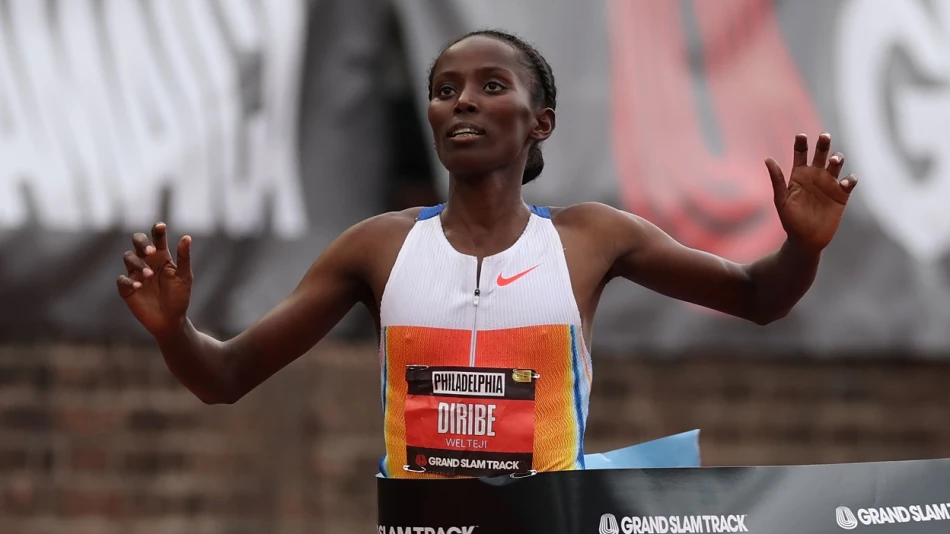
Track and Field Integrity Unit Calls for Suspension of Ethiopian Athlete Ahead of Tokyo Olympics
Ethiopian Runner Faces Potential World Championships Ban Despite Doping Exoneration
World Athletics' integrity unit is challenging Ethiopia's decision to clear middle-distance star Diribe Welteji of doping violations, seeking her immediate suspension just days before the World Championships in Tokyo. The move highlights growing tensions between international athletics governance and national anti-doping agencies, potentially deriving one of the sport's brightest talents of her chance to compete on the global stage.
Last-Minute Legal Challenge Threatens Championship Dreams
Welteji, who claimed silver in the 1500m at the 2023 World Championships in Budapest, now faces an urgent hearing at the Court of Arbitration for Sport (CAS). The Athletics Integrity Unit filed their appeal despite the Ethiopian Anti-Doping Agency's decision in late August to clear her of all charges related to allegedly refusing or failing to submit to a drug test.
The timing is particularly dramatic, with CAS expected to rule before Saturday—exactly when Welteji's 1500m qualifying heats are scheduled to begin in Tokyo. This compressed timeline reflects the high-stakes nature of international athletics, where careers can pivot on administrative decisions made in boardrooms far from the track.
Pattern of International Override
World Athletics' decision to challenge a national agency's ruling represents part of a broader trend toward centralized anti-doping enforcement. Similar interventions have occurred across various sports, with international federations increasingly willing to override domestic decisions they view as insufficiently rigorous.
The case echoes recent high-profile disputes in swimming and cycling, where international bodies have successfully appealed lenient national rulings. This approach reflects lessons learned from past scandals where inconsistent enforcement across countries created competitive imbalances and public trust issues.
Rising Star's Momentum at Risk
Welteji's potential absence would represent a significant blow to both Ethiopian athletics and the competitive quality of the Tokyo championships. The 24-year-old has been in exceptional form, setting a personal best of 3:51.44 at July's Prefontaine Classic in Eugene—a performance that placed her second only to Kenya's Faith Kipyegon, who broke the world record in the same race.
Her fourth-place finish at the Paris Olympics last summer demonstrated her ability to compete at the highest level, making her one of the favorites for Tokyo despite her recent absence from competition since July.
Implications for Athletics Governance
The case underscores the complex relationship between national sovereignty in sports governance and international standardization efforts. Ethiopia's athletics program has historically operated with significant autonomy, but World Athletics' intervention suggests a shift toward more centralized oversight.
For other athletes and national federations, the outcome will signal how aggressively international bodies are willing to challenge domestic decisions. A successful appeal could encourage similar interventions in other cases, while a CAS ruling in Welteji's favor might reinforce the authority of national anti-doping agencies.
The resolution of this case will likely influence future protocols for handling disputes between international federations and national authorities, potentially reshaping how anti-doping cases are adjudicated across global athletics.
Most Viewed News

 Sara Khaled
Sara Khaled






